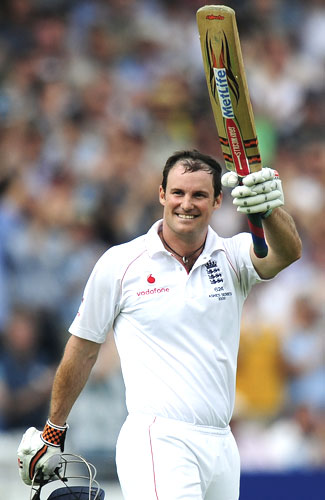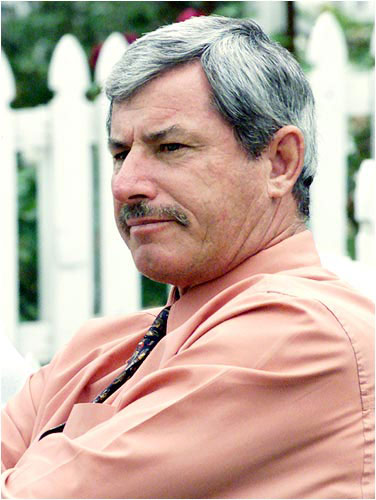
Elite professional sport with its unrelenting demands tests the mind and spirit as much as the body.
When the difference between winning and losing can be a fraction of a second or the unexpected bounce of a ball, encouraging positive thoughts and banishing the fear of failure is a consistent theme in the lives of successful athletes.
England cricket captain Andrew Strauss is a recent convert to the power of positive thinking, praising the controversial self-help book The Secret after his spell in the international wilderness.
"The theory is what you think about happens," said Strauss in his own book Testing Times. "If you think positive thoughts, then those thoughts will come about."
The Secret by Australian writer Rhonda Byrne, which started life as a film, has been praised as a life-changing text and criticised as pretentious psychobabble.
Whatever the verdict, the lessons Strauss drew in 2008 - positive thoughts, a winning frame of mind, visualising success - are certainly not new.

Twenty-five years earlier, the same principles resurrected the life and career of New Zealand's greatest cricketer Richard Hadlee.
At the end of an exhausting year on and off the field, Hadlee was close to a physical and mental breakdown.
"It may sound a little melodramatic, but at this stage I was preoccupied with the thought of death," he said. "I was convinced I had heart trouble which in turn made me worse."
Motivation expert Grahame Felton, who ran a three-hour course for the Canterbury team, transformed Hadlee's life.
Felton talked about visualisation, control and belief, explained that fear was negative and emphasised the importance of setting targets.
"It's not easy to recapture the mood of that session," Hadlee recalled. "It was intense. Grahame's message came across to me so forcibly it was like suddenly seeing the light."

There are, of course, logical difficulties with all these positive thoughts, described in The Secret as the "law of attraction".
Strauss was asked by a sceptical interviewer where the balance of power lay when the opposing bowler pounded in with his mind also packed with positive intent.
"I suppose the law of attraction says that if the bowler believes in himself more than you believe in yourself, then he will come out on top," Strauss conceded.
"But I have always believed, and I suppose you have got to believe this as a batsman, that if I do everything right, then no bowler will get me out. Ever. In other words, the law of attraction is more on my side than his."

Statistics are on Strauss's side. He has had uninterrupted success as a batsman since his return to the England side and led his country to an Ashes win over Australia this year.
The year also marked the return of Jonny Wilkinson to the England rugby side. Wilkinson's battles against a seemingly endless series of injuries since he drop-kicked the winning goal in the 2003 World Cup final are well documented.
So, too, are his public agonisings over the obsessive search for perfection which has dominated his life.
"I was born a perfectionist," Wilkinson said in his book Tackling Life. "For as long as I can remember, I have fought for an ideal world and my own flawless image within it.
"I have left these beliefs firmly behind. Searching for perfect, lasting results in a world of forever evolving and unforeseeable events had been a very expensive and unforgiving vocation at times."
Wilkinson, 30, has sought endlessly to find the serenity which has eluded him for most of his sporting career. Last year he embraced quantum physics and Buddhism.
"I do not like religious labels but there is a connection between quantum physics and Buddhism, which I was also getting into," he said. "Failing at something is one thing but Buddhism tells us that it is up to us how we interpret that failure."

London-based sports psychologist Victor Thompson, who specialises in anxiety, stress and confidence, said the further athletes advanced in their sports, the more important positive thinking became.
"You are more likely to get more success because you expect it," he told Reuters in a telephone interview.
"It's not necessarily that it's given you any extra powers, it's just sort of switching on the bits of you that are more active and positive and doing things in a more helpful way than being more fearful, restrictive, cautious and negative.
"It's nothing particularly new. It's just that some people get interested, new books come out and they try to practise some of the principles.
"At higher levels your mental preparation, your mental focus while you're performing and your recovery after a bad event is all the more important,
"The higher you go, the intensity, the difficulty of the challenge increases quite a lot, especially if you are doing it for money, for sponsorship. There's a lot more resting on it when you are at a higher level.
"It's how you approach it, the idea to win is understandable but there is only one winner. You have to be realistic and do your best."